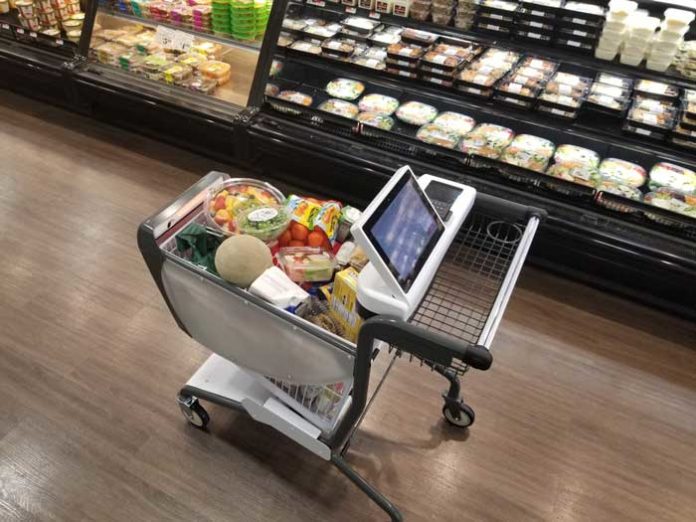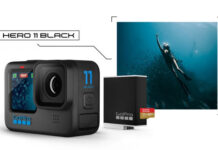Some predicted the end of offline commerce due to the rapid development of e-commerce via the Internet. In the United States, the decision was made to influence the situation. The Amazon Go stores presented a combination of artificial intelligence, cameras, and sensors, allowing them to make purchases without the help of a cash register. However, there are disadvantages to this technology: profit only in the long run and difficulties in scaling. It is not really advisable to install hundreds or even thousands of sensors with cameras in Target, Walmart or similar supermarkets. Caper can solve the problem radically.
We are talking about a startup and its product cart, supplemented by artificial intelligence. The gadget on wheels has built-in sensors that automatically identify each product, sensors that detect the product in the Caper basket, scales that determine the weight of products sold by weight, and a calculator that counts the total purchase price. A built-in touch screen displays the list of everything that is in the cart with the image of the products, indicating the name and price and including discounted prices. Having completed shopping, the customer can pay for everything using a built-in payment terminal.
Large retailers will certainly be interested in the novelty. After all, when compared with the sophisticated Amazon Go camera system, Caper technology seems simple and effective.
The smart cart is being tested in a limited format now. Customers are still scanning the barcode manually before putting the goods in the cart. The authors of the technology expect to fully automate the process by the end of this year. After that, the technology will be launched into operation in 150 US stores.







